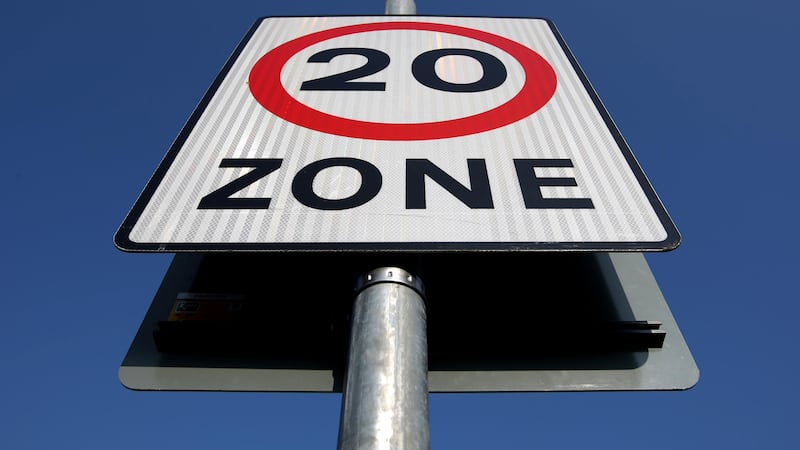I DON’T know about you, but it seems that Christmas has come earlier than usual this year. My street has been twinkling with Christmas lights and festive decorations since the end of November.
We all need a little bit of light at the end of this year. There is no doubt that this year’s festivities will be very different to any other we have seen. The year has been stressful and many people have found it hard to cope with social isolation and the restrictions put in place to help keep us safe.
Nutrition is as essential for our mental health as it is for our physical health, and there are some simple little daily habits that could be helpful for managing stress and anxiety, especially in the next couple of weeks in the run up to Christmas.
Here are my top six ways to balance stress:
Take five. Set aside five minutes at the start of your day to bring some calm into your day. This could be a simple breathing exercise – just count your breaths in and out to the count of 10 and repeat four or five times. It is surprisingly just how effective this can be at bringing some serenity to your day and helping you to cope better with what the day holds for you. It is also a good technique to use if you find yourself feeling a little stressed or frazzled throughout the day.
Get outside in nature. There is very strong evidence to show that when we spend time in the outdoors and notice nature, our levels of stress are reduced and feelings of anxiety minimised. So take time to get outside every day and connect with the sights and sounds of nature. A walk around the block at lunchtime or just getting into the garden and notice how winter is changing your back yard can help change your mood.
Eat regularly. Erratic eating times and skipping meals can lead to a dip in blood sugar levels, which leads to the release of the stress hormones adrenalin and cortisol. It’s difficult when routines go out the window, but try to stick to three meals a day and keep your mealtimes as regular as you can.
Base all your meals and snacks on protein (meat, poultry, fish, eggs, nuts, beans, lentils, nuts and seeds), fruit and vegetables and smaller amounts of complex carbs (brown rice, wholemeal bread or pasta). Aim to pack half your plate with vegetables (and plenty of greens as they contain magnesium – important for cortisol balance), have a palm size portion of your protein of choice and eat no more than a fist size portion of carbohydrate (about a quarter of your plate).
Cut back on alcohol and caffeine. Caffeine causes a release of stress hormones from the adrenal glands – the last thing you want if you are already stressed! At first, alcohol might help to relax you when you’re stressed out (by promoting the release of GABA, the calming neurotransmitter), but it is quickly metabolised to sugar that can lead to a restless sleep, fatigue and low mood.
Prioritise sleep. Introduce a digital detox at least an hour before bed (that means no phones, no TV, no laptops or tablets), so as not to disrupt melatonin production (the sleepy hormone).
Eat magnesium-rich meals. Magnesium relaxes the nervous system and muscles so eating foods rich in this mineral, such as leafy greens (get the Brussels sprouts in), avocados, sesame seeds and spinach can help reduce stress.
Although we are keeping socially distanced, remember that you are not alone. Arrange to meet a friend for a walk, call someone to say hello and never be afraid of asking for help if you need to.
Have a look at covidwellbeingni.info for toolkits and guides to help support your mental wellbeing.








